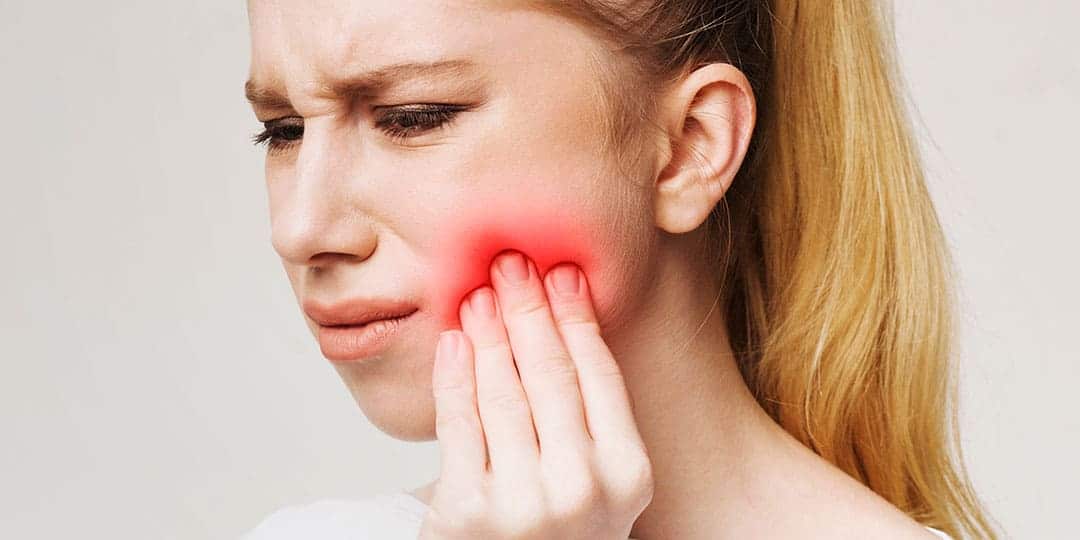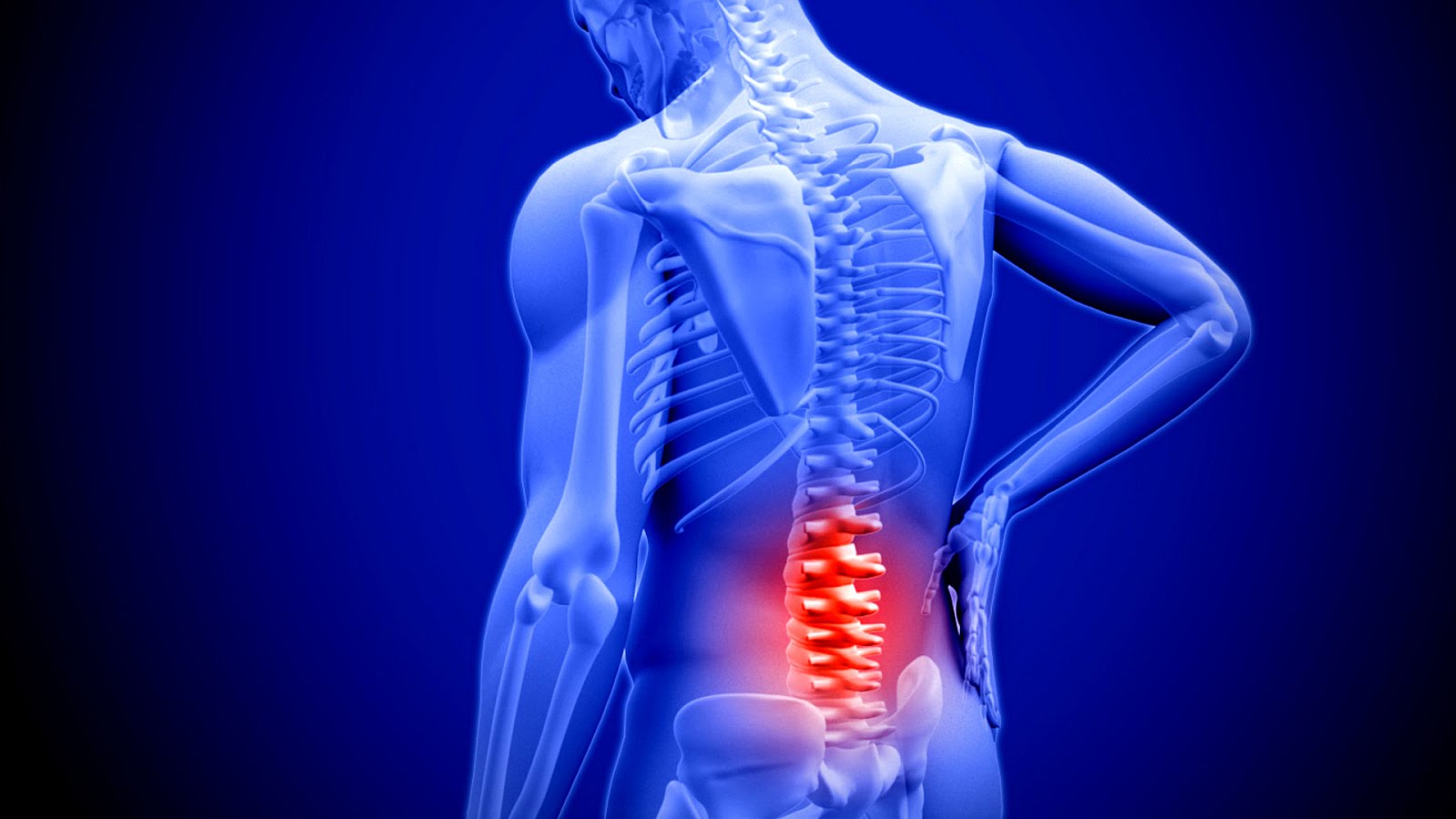
Migraine triggers. Although a migraine can come on without warning, it is often set off by a trigger. Genetics play a role since 70% of migraine victims have at least one close relative with the problem. Neurologists believe that migraines are caused by changes in the brain's blood flow and nerve cell activity. And since a Harvard study of 20,084 men age 40 to 84 reported that having migraines boosts the risk of heart attacks by 42%, men with migraines should take their headaches to heart. They are two to three times more common in women than men, but that's small consolation if you are among the 6% to 8% of all men who have migraines. Migraines occur less often than tension headaches, but they are usually much more severe. Fortunately, most people with tension-type headaches will do very well with simpler programs. Many people with recurrent tension-type headaches can prevent attacks by taking a tricyclic antidepressant such as amitriptyline (Elavil, generic).

If you need more help, your doctor may prescribe a stronger pain medication or a muscle relaxant to control headache pain. If you clench your jaw or grind your teeth at night, a bite plate may help. Learn relaxation techniques yoga is particularly helpful because it can relax both your mind and your neck muscles. If you get frequent tension-type headaches, try to identify triggers so you can avoid them. A heating pad or warm shower may help some people feel better with a short nap or light snack. Over-the-counter pain relievers such as acetaminophen (Tylenol, other brands) and nonsteroidal anti-inflammatories (NSAIDs) such as aspirin, naproxen (Aleve, other brands), or ibuprofen (Motrin, Advil, other brands) often do the trick, but follow the directions on the label, and never take more than you should.

If you get occasional tension-type headaches, you can take care of them yourself. Some tension headaches are triggered by fatigue, emotional stress, or problems involving the muscles or joints of the neck or jaw. People with strong tension headaches may feel like their head is in a vise. The typical tension headache produces a dull, squeezing pain on both sides of the head. But a few people get severe tension headaches, and some are troubled by them for three or four times a week. In most cases, they are mild to moderate in severity and occur infrequently. Occurring in about three of every four adults, tension headaches are the most common of all headaches. Here is a rundown on some major primary headaches. There are more than 300 types of headaches, but only about 10% of headaches have a known cause. Headaches in patients with cancer or impaired immune systems.Headaches that come on abruptly, especially if they wake you up.Headaches that prevent normal daily activities.Headaches that are accompanied by pain and tenderness near the temples.Headaches that are accompanied by a painful red eye.Headaches that are accompanied by fever, stiff neck, confusion, decreased alertness or memory, or neurological symptoms such as visual disturbances, slurred speech, weakness, numbness, or seizures.Changes in personality or mental function.Head pain that increases with coughing or movement.A major change in the pattern of your headaches.Headaches that first develop after age 50.Here are some warning signs for when you should worry about headaches:

But some headaches call for prompt medical care. You can take care of many types of headaches by yourself, and your doctor can give you medication to control most of the tougher headaches. The scalp, sinuses, teeth, and muscles and joints of the neck can also cause head pain. But the blood vessels in the head and neck can signal pain, as can the tissues that surround the brain and some major nerves that originate in the brain. They do know that the brain tissue and the skull are never responsible since they don't have nerves that register pain. What causes headaches?ĭoctors don't fully understand what causes most headaches.

Sudden sharp pain in head that goes away quickly how to#
Still, you should know when a headache needs urgent care and how to control the vast majority of headaches that are not threatening to your health. But if your headache is severe or unusual, you might worry about stroke, a tumor, or a blood clot. A minor headache is little more than a nuisance that's relieved by an over-the-counter pain reliever, some food or coffee, or a short rest. Nearly everyone has had headache pain, and most of us have had it many times. Understanding what causes headaches and finding treatments to relieve the pain


 0 kommentar(er)
0 kommentar(er)
